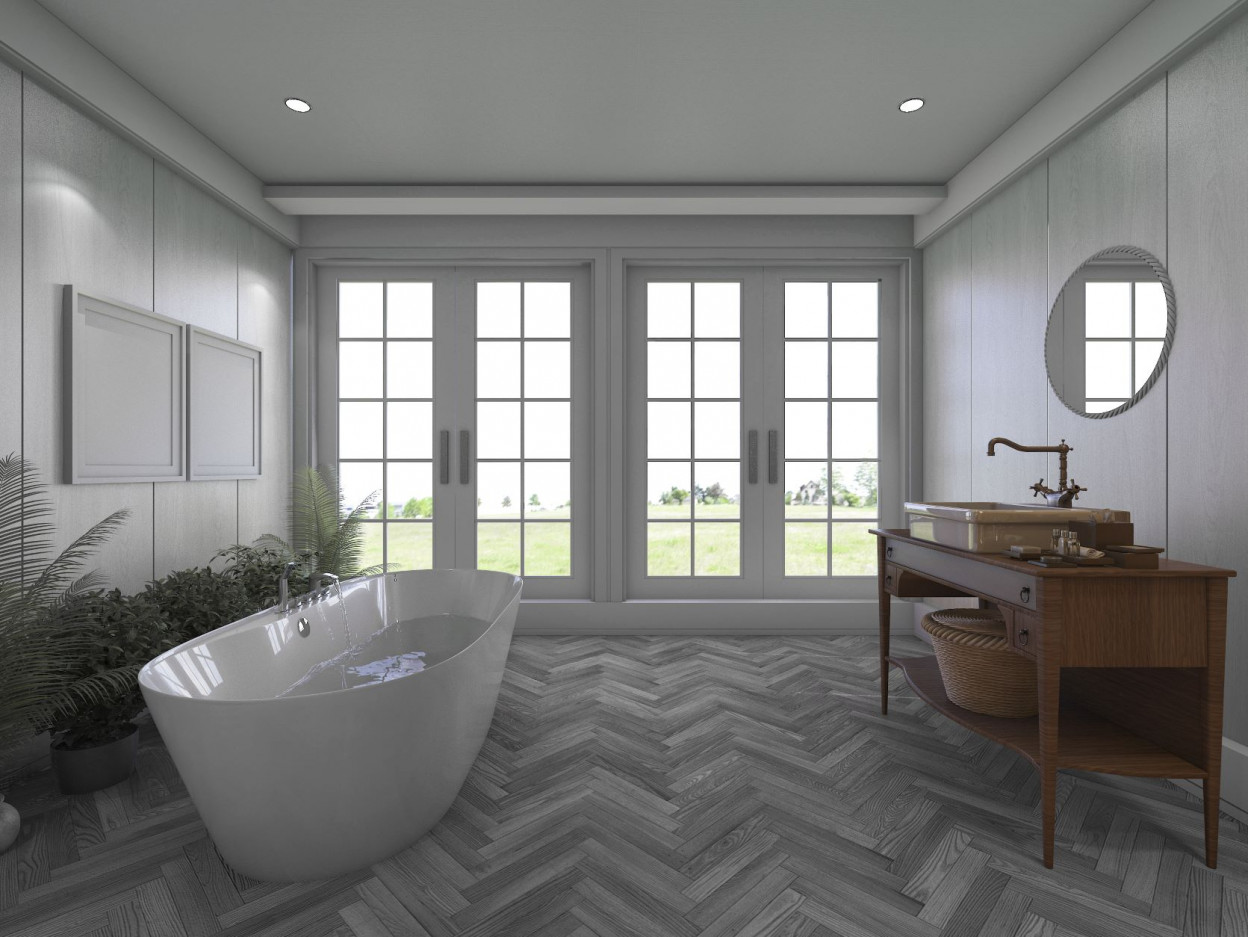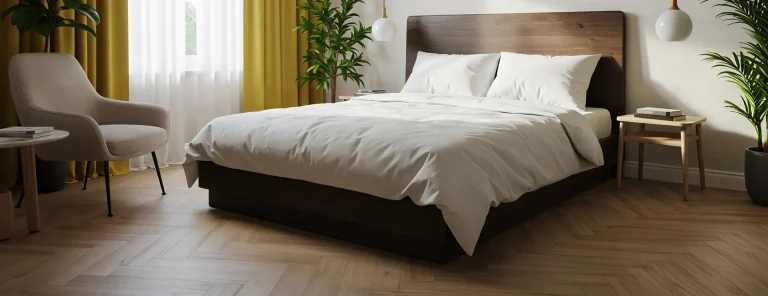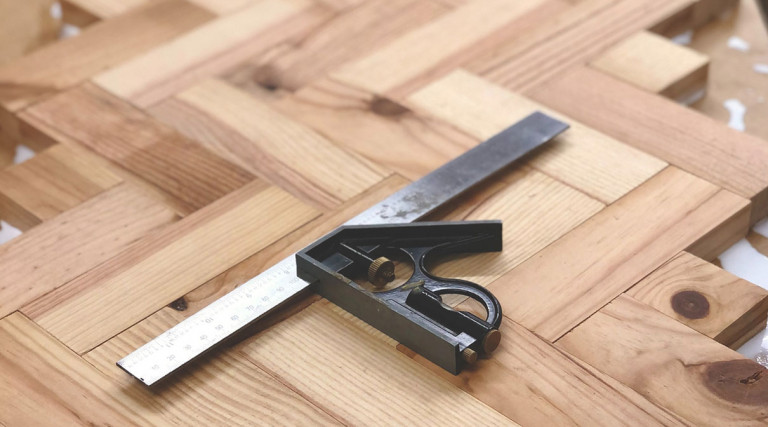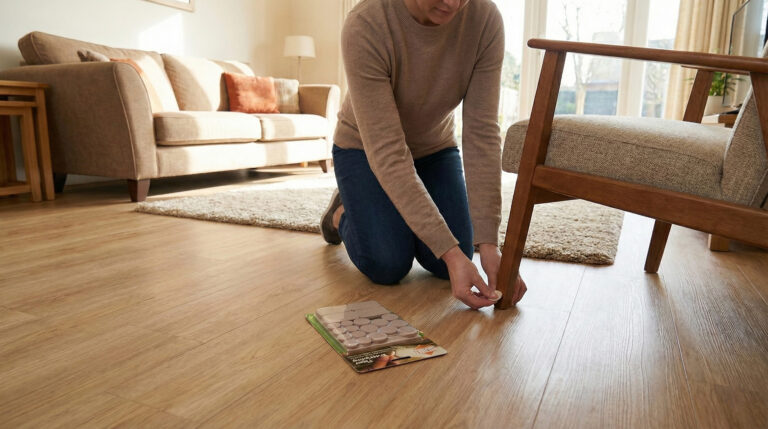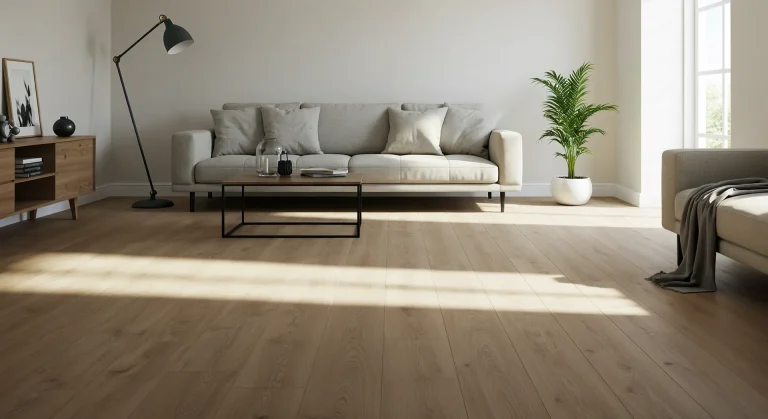If you’re exploring flooring options for your UK home in 2025, you’ve likely encountered the term engineered vinyl flooring. This isn’t the basic sheet vinyl of decades past; it represents a huge leap forward in flooring technology, combining stunningly realistic designs with a level of durability and stability that older materials simply can’t match. It has quickly become a top choice for homeowners seeking a stylish, practical, and worry-free foundation for their living spaces.
But what exactly is engineered vinyl flooring? What do acronyms like LVT, SPC, and WPC mean, and what do they signify for your home? This ultimate UK guide for 2025 will deconstruct this innovative flooring category. We’ll explore its multi-layered construction, compare its different core technologies, and highlight its incredible benefits, looking at examples from leading ranges like the Pro-Tek™ Engineered Vinyl collections, to provide you with all the information you need to decide if engineered vinyl is the perfect choice for your project.
Jump to Section:
- What Defines “Luxury” in Engineered Vinyl Flooring?
- Deconstructing the Performance: The Layers of LVT & LVP
- The Unrivalled Benefits of Choosing Engineered Vinyl Flooring for UK Homes
- Exploring the Types: Click vs. Glue-Down, SPC vs. WPC
- Designing Your Space: Popular Engineered Vinyl Flooring Styles & UK Trends (2025)
- Before You Buy: Key Considerations for Your Engineered Vinyl Flooring
- Installation & Care: Protecting Your Flooring Investment
- The Cost of Quality: Engineered Vinyl Flooring Prices in the UK (2025)
- Is Engineered Vinyl Flooring the Right Choice for You?
What Defines “Luxury” in Engineered Vinyl Flooring?
The “luxury” aspect, often used interchangeably with “engineered,” signifies a significant step up from standard vinyl in several key areas:
- Design Realism: High-definition printing creates incredibly authentic wood grain and stone patterns. This is often combined with Embossed In Register (EIR) technology, where the surface texture is precisely aligned with the printed visual, perfectly mimicking the feel of real wood grain or the clefts of natural slate.
- Format & Finish: Engineered vinyl comes in individual planks (LVP) or tiles (LVT), often with bevelled edges. These subtle V-grooves define each piece, adding depth and authenticity that sheet flooring cannot replicate.
- Durability & Construction: It features thick, robust wear layers (0.55mm+ is common for quality ranges), coupled with advanced rigid core technologies (like SPC and WPC) for exceptional stability and dent resistance.
- Brand & Reputation: Leading ranges invest heavily in R&D to push the boundaries of performance and design.
Deconstructing the Performance: The Layers of LVT & LVP
The high performance of engineered vinyl flooring comes from its sophisticated multi-layered construction:
- UV Protective Coating: An initial layer that helps prevent fading from sunlight.
- Wear Layer: A transparent, incredibly tough top layer (usually polyurethane) that provides the primary defence against scratches, scuffs, and stains. Its thickness is a key quality indicator.
- Decor/Print Layer: The high-resolution image that gives the floor its realistic wood or stone appearance.
- Rigid Core: This is the “engineered” heart of the plank. It provides stability, impact resistance, and waterproof properties. Common types are:
– SPC (Stone Plastic Composite): A core made from a dense mix of limestone powder and stabilisers. This makes it extremely rigid, stable, dent-resistant, and 100% waterproof. The Editions collection from Pro-Tek™, for example, utilises this robust SPC core.
– WPC (Wood Plastic Composite): A core containing wood pulp/flour and foaming agents, making it slightly thicker, softer, and quieter underfoot than SPC, while still being waterproof. The Pro-Tek™ Excel collection is a great example of a premium WPC construction. - Attached Underlay: Many engineered vinyl floors come with a pre-attached backing layer of IXPE foam or cork for added comfort, sound reduction, and simpler installation.
The Unrivalled Benefits of Choosing Engineered Vinyl Flooring for UK Homes
The advanced construction of engineered vinyl flooring delivers a host of compelling advantages:
- 100% Waterproof: The rigid core is impervious to water, making it a perfect, worry-free solution for UK kitchens, bathrooms, utility rooms, and basements.
- Exceptional Durability: The combination of a tough wear layer and a dense core makes it highly resistant to scratches, dents, and stains from daily life, including pets and children.
- Incredible Stability: Its minimal reaction to temperature and humidity makes it suitable for large open-plan spaces (often without needing transition strips) and rooms like conservatories. This stability is a huge plus for the varied UK climate, including in coastal homes where humidity can fluctuate.
- Design Versatility: Available in a vast array of stunningly realistic wood and stone effects, including on-trend herringbone and chevron patterns.
- Easy DIY Installation: The majority of engineered vinyl flooring uses a user-friendly click-lock system for a “floating floor” installation.
- Comfort & Sound Reduction: It’s warmer and quieter underfoot than laminate or tiles, with the attached underlay on many products enhancing this further.
- Underfloor Heating (UFH) Compatibility: Most ranges work very efficiently with UFH systems.
- Easy Maintenance: A simple cleaning routine is all that’s needed to keep it looking great.
Exploring the Types: Click vs. Glue-Down, SPC vs. WPC
When choosing your engineered vinyl flooring, you’ll make these key decisions:
- Formats: LVP (Luxury Vinyl Plank) for wood looks vs. LVT (Luxury Vinyl Tile) for stone/ceramic/abstract looks. Pro-Tek™ offers collections in Classic and Longplank LVP, as well as Herringbone and Tile LVT formats.
- Installation Systems: Click LVT/LVP (a DIY-friendly “floating floor”) vs. Glue-Down LVT/LVP (provides ultimate stability and is often preferred by professionals).
- Core Technology: As discussed, SPC offers superior rigidity and dent resistance, while WPC excels in comfort and acoustics.
Designing Your Space: Popular Engineered Vinyl Flooring Styles & UK Trends (2025)
Engineered vinyl flooring is at the forefront of UK interior design trends:
- Natural Wood Looks (LVP): Light oaks for a Scandi feel, warm natural oaks for timeless appeal, and rich walnuts for a touch of luxury remain incredibly popular. Grey LVP continues to be a versatile choice for contemporary spaces.
- Herringbone Patterns: Engineered vinyl flooring in a herringbone pattern is a major trend, offering the classic, high-end look of parquet with complete waterproofing and durability.
- Large Format Stone & Concrete (LVT): Large tiles create a seamless, high-end look in kitchens and bathrooms, making spaces feel larger.
Before You Buy: Key Considerations for Your Engineered Vinyl Flooring
- Wear Layer Thickness: For most busy UK homes (hallways, living areas), a 0.55mm wear layer is recommended for optimal longevity.
- Subfloor Preparation: A smooth, level, and dry subfloor is critical. While rigid core vinyl is more forgiving than other flooring types, proper prep ensures a perfect finish.
- Click vs. Glue-Down: The decision depends on your subfloor, room size, and DIY confidence.
- Brand & Quality: Investing in reputable brands with proven technology and good warranties is always a wise choice.
Installation & Care: Protecting Your Flooring Investment
Installation Overview:
Always follow manufacturer instructions. Key steps include acclimatisation (leaving boxes in the room for 24-48 hours), ensuring the subfloor is perfect, using a DPM on concrete ground floors, and leaving a small expansion gap (~5-8mm) around the perimeter for floating click-lock floors.
Maintenance:
- Regular sweeping or vacuuming (soft brush head).
- Damp mop with a pH-neutral cleaner designed for vinyl floors.
- Use felt furniture pads and doormats.
- Avoid steam mops (most manufacturers advise against them), abrasive cleaners, and wax polishes.
The Cost of Quality: Engineered Vinyl Flooring Prices in the UK (2025)
Engineered vinyl flooring sits in the mid to premium price range, reflecting its high-performance features:
- Material Costs: Expect to pay £20 to £60+ per square metre. Budget-friendly options can be found at the lower end, while premium ranges with thicker wear layers and advanced features will be at the upper end.
- Installation: Professional fitting for click LVT might be £15-£25 per m², while more complex glue-down LVT could be £20-£35+ per m².
While the initial outlay is more than for basic laminate or sheet vinyl, the longevity, durability, and low maintenance of engineered vinyl often represent excellent long-term value.
Is Engineered Vinyl Flooring the Right Choice for You?
So, what is engineered vinyl flooring? It is the pinnacle of modern resilient flooring, a sophisticated solution engineered for real life. Its combination of 100% waterproof performance, exceptional durability, and stunningly realistic designs makes it arguably the most versatile flooring choice for today’s UK homes. It solves the dilemma of wanting a beautiful wood or stone look in practical areas like kitchens and hallways without the associated risks.
If you’re looking for a stylish and tough floor that can handle everything a busy household throws at it, engineered vinyl flooring is an intelligent investment. High-quality ranges, such as the Pro-Tek™ Engineered Vinyl, exemplify these modern benefits, delivering lasting beauty and high performance for your home.
The Pro-Tek™ range consists of 6 collections
Excel is our premium range, constructed from seven layers of premium materials including a WPC – wood plastic composite – core. Available in 2 collections – Classic and Longplank. Editions has five layers with a SPC core, stone plastic composite, which has all the same benefits as WPC but more moderately priced. There are three Editions collections – Classic, Herringbone and Tiles.

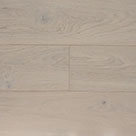 Light
Light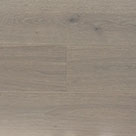 Grey
Grey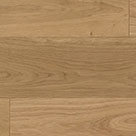 Natural
Natural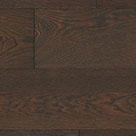 Dark
Dark White
White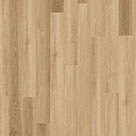 Light
Light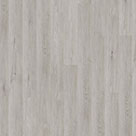 Grey
Grey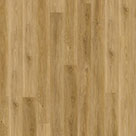 Natural
Natural Dark
Dark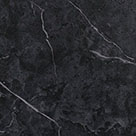 Black
Black